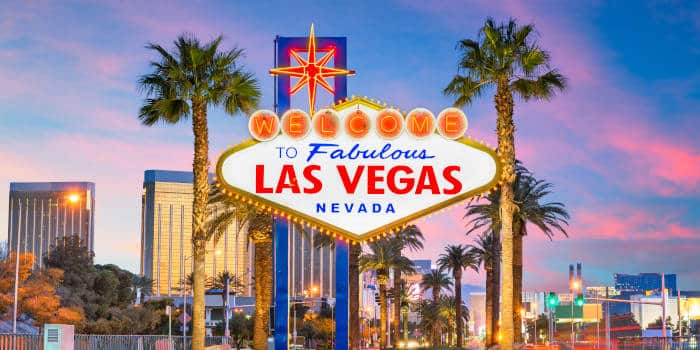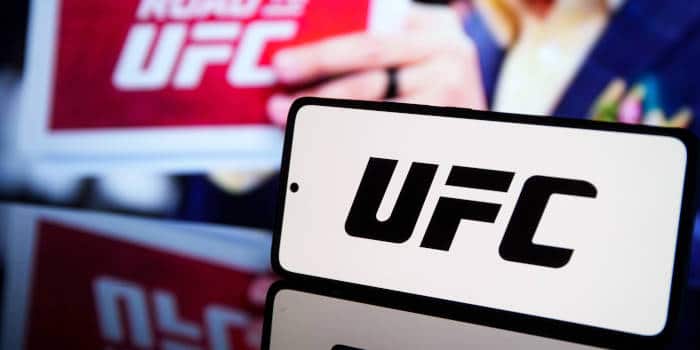- Casino
- By State
- Alabama
- Alaska
- Arizona
- Arkansas
- California
- Colorado
- Connecticut
- Delaware
- Georgia
- Florida
- Hawaii
- Idaho
- Illinois
- Indiana
- Iowa
- Kansas
- Kentucky
- Louisiana
- Maine
- Massachusetts
- Maryland
- Michigan
- Minnesota
- Mississippi
- Missouri
- Montana
- Nebraska
- Nevada
- New Hampshire
- New Jersey
- New Mexico
- New York
- North Carolina
- North Dakota
- Ohio
- Oklahoma
- Oregon
- Pennsylvania
- Rhode Island
- South Carolina
- South Dakota
- Tennessee
- Texas
- Utah
- Vermont
- Virginia
- Washington
- West Virginia
- Wisconsin
- Wyoming
- By State
- Slots
- Poker
- Sports
- Esports
Non-profit Bingo Operator Loses Case in Alabama Supreme Court after Winning Lower Courts

An 11-year-old court battle has come to an end and not to the preferences of at least one of the parties involved in the litigation. The Alabama Supreme Court reached a decision late last week in which it sided with the state and said that Greentrack Racing and Bingo had accumulated and owed $76 million in tax.
Supreme Court and AG Inflict Defeat on Greentrack
What this means is that the Alabama Department of Revenue has the legal right to take all measures and enforce repayment of the owed amounts by the Greene County-based company. The case began with an audit of the business for the period between 2004 and 2008, which was operating as a non-profit bingo parlor at the time, and had signed agreements with several non-profit partners locally, including the Junior Reserve Officers’ Training Corps, Green County High School, Future Business Leaders of America, and others.
Essentially, these non-profit partners were supposed to receive a part of the proceedings generated by Greentrack Racing and Bingo as per law. However, Alabama AG Steve Marshall said that there was a darker design afoot and the partnerships were used to avoid tax instead. Marshall added:
Every day, all across our great state, the people of Alabama get up, work hard to make an honorable living, obey the law, and pay their taxes.
Alabama AG Steve Marshall
He spared Greentrack no criticisms. He said that it was organizations like Greentrack that make “dishonorable profit” while breaking the law and breaking the tax. It’s not only unjust – but it’s a contemptuous attitude towards the law. Marshall added that such “sordid affairs” would not be tolerated while he is in office.
Lower Courts Side with Greentrack
The Supreme Court found out that effectively, Greentrack earned thousands of dollars from bingo games, but the majority of profits went back to it instead of any of the partners. But the Supreme Court’s opinion is not the only one that should be taken into consideration.
Lower courts have previously found Greentrack to be in the right and that the bingo games were indeed a non-profit, and because of the status of a racing licensee, Greentrack did not have to pay certain taxes through a legal exemption. However, the Supreme Court argued that the racing licensee was not applicable to bingo, for example. In an opinion, the Supreme Court explained its reasoning.
The court argued that it could not be assumed that a racing licensee would immediately exempt property from all taxes was not plausible. The justices cautioned that should this be the case, then any business in the state could just obtain the license and avoid paying tax. The justices continued by arguing that Greentrack used the license as a way to operate its “extremely profitable, but illegal” bingo business.
Because of the manner in which the business was operated, Greentrack was still able to generate substantial revenue and exemptions.
Although Fiona doesn't have a long-spanning background within the gambling industry, she is an incredibly skilled journalist who has built a strong interest in the constantly growing iGaming network. The team at Gambling News is glad to have her on our roster to help deliver the best stories as soon as they hit. Aside from writing, she loves to dabble in online casino games such as slots and roulette, both for her own enjoyment and also as research to better improve her understanding of the industry.
Must Read
Casino
July 8, 2025
WinStar Casino Shooting Suspect Still Missing
More Articles





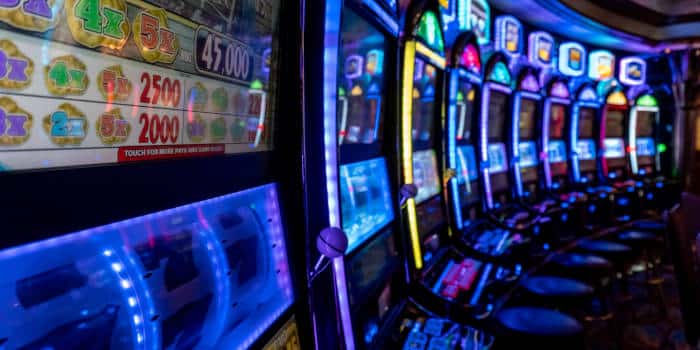
Casino
July 11, 2025
IGT Reveals Multiple Jackpots Throughout June
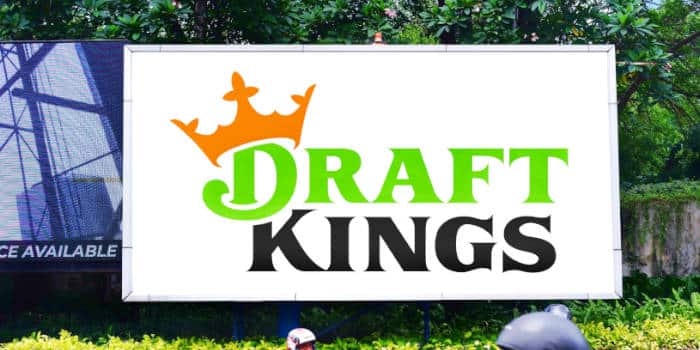
Sports
July 11, 2025
DraftKings to Give Back Over $3M to Connecticut Users
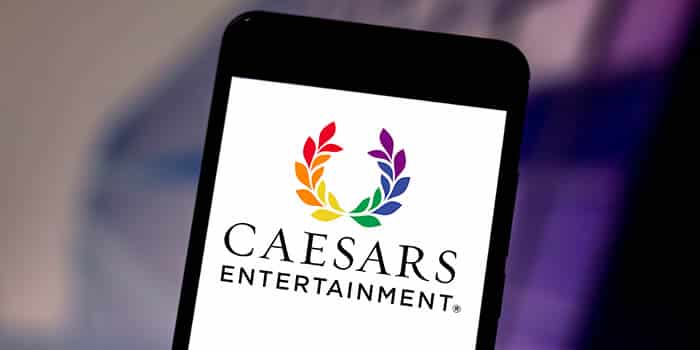
Casino
July 11, 2025
Caesars Introduces Digital Wallet in Nevada

Sports
July 10, 2025
NJ Bans Sportsbook Deals With Public Colleges

Business
July 10, 2025
DoubleDown Acquires Whow Games in €65 Million Deal










